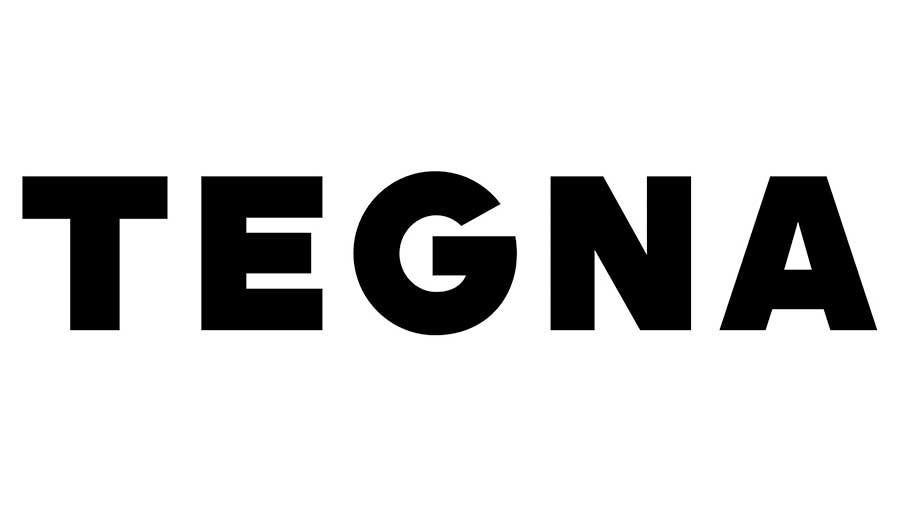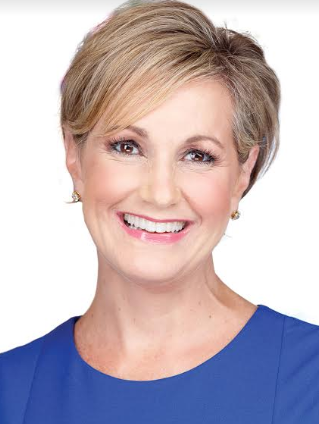Tegna Training Reporters to ID Online Disinformation

The smarter way to stay on top of broadcasting and cable industry. Sign up below
You are now subscribed
Your newsletter sign-up was successful
Tegna, which owns 62 TV stations in 51 markets across the country, is teaming up with global nonprofit First Draft to train all its journalists in identifying disinformation online and helping viewers do the same.
Tegna is also expanding its Verify fact-checking initiative, adding regional fact-checkers to better "provide transparency into the reporting process and authenticate topics and news submitted by viewers."
“As we head into 2020, providing trustworthy news and information remains our highest priority,” said Ellen Crooke, VP of news, Tegna, in announcing the initiative. “Journalists are trained to search for the truth. Today, they must also be highly skilled at identifying false information and understanding how best to stop the spread of that information. News consumers are demanding transparent, trustworthy content and they want help in deciphering what is real and what is false in their social media feeds.”
Related: Nexstar, Tegna Reach Retrans Deals With Comcast
The First Draft-led training will begin this month and include: 1) live simulations, 2) digital investigation techniques and tools, 3) ethics and principles of reporting on disinformation, and 4) access to First Draft's CrossCheck initiative connecting journalists with experts, researchers, and others.
Crooke spoke with B&C about the reasoning behind the ramp-up:
B&C: How many of your stations do news and how many journalists will be getting this training?
The smarter way to stay on top of broadcasting and cable industry. Sign up below

Crooke: We have 49 newsrooms. Every news room will be participating. We are starting out training one person from all 49 newsrooms. That is happening next week in McLean [Tegna's suburban D.C. headquarters], and then they will go back and train every journalist. And then we will have multiple follow-up training for every journalist. Close to four thousand journalists will be getting that training.
B&C: Is the timing of the ramp-up tied to upcoming election coverage?
Crooke: We started this process in 2015 through Verify. We have continued to test that
each year with different variations and it has tested so positively that this is the next iteration of it, but really doubling down on helping our journalists identify false and misleading information and what are the ethical processes we should go through when we should show it to the public and teach our audience to be better digital news consumers.
We're not trained in journalism schools to do this but we at Tegna believe because we are seeing so much in our audience research that this is a whole new aspect of journalism in 2020. We need to help our audience understand what is true, but also identify what is false and help play a role in keeping false information from spreading.
B&C: And this is targeted to false information online, but not confined to only online disinformation.
Crooke: Exactly. False information can start on someone's social media feed and end up in the evening news package somehow, or a reaction to it somehow. It may start on any platform, but information spreads like wildfire across all platforms."
B&C: Will you be promoting this expansion as a value added for your news vs. the competition?
Crooke: Yes. We are going to explain the training that we are doing, but locally in each market we want to make sure it is in action and there are tangible actions that the audience can take and, once we are at that point, the stations can promote this as a point of differentiation if they want to. That is a decision they can each make themselves.
B&C: How many Verify fact checkers do you have and how many regional fact checkers are you adding?
Crooke: We have a national Verify team that consists of a full-time reporter, full-time photojournalist and photojournalist editor, and then two fact checkers and then we have a central content team out of D.C. that helps with fact-checking and verifying. All in, that is a total of 15, and we are adding four regional fact checkers that any of our markets can use at any time. Particularly smaller or medium sized markets that want to dig into something but don't have the staff to do it. They can call one of these fact checkers any time of the day or night to help them dig into content.
B&C: Tegna has its "Principles of Ethical Journalism," which are already meant to guide the production and reporting of news, why do you need this additional spur?
Crooke: Because it is a new set of skills and a new set of tools to really be great at identify disinformation, particularly during breaking news. How to do reverse image searching on video, for example, to understand if it has been manipulated, what digital tools are out there to help source the origin of a story and the ethics of how to handle disinformation. For many journalists, they understand some of it, but we want them to be experts at it.
Contributing editor John Eggerton has been an editor and/or writer on media regulation, legislation and policy for over four decades, including covering the FCC, FTC, Congress, the major media trade associations, and the federal courts. In addition to Multichannel News and Broadcasting + Cable, his work has appeared in Radio World, TV Technology, TV Fax, This Week in Consumer Electronics, Variety and the Encyclopedia Britannica.

